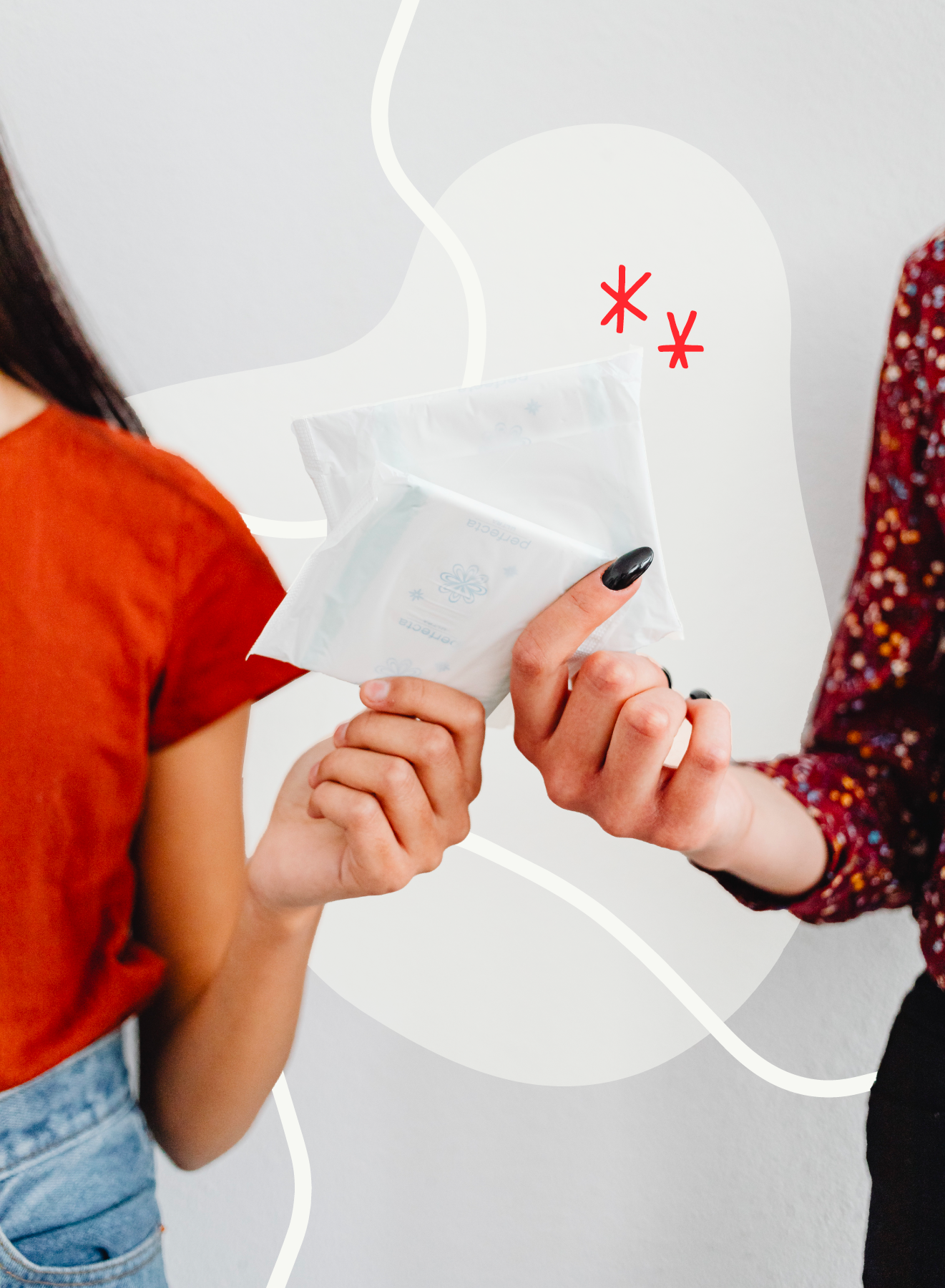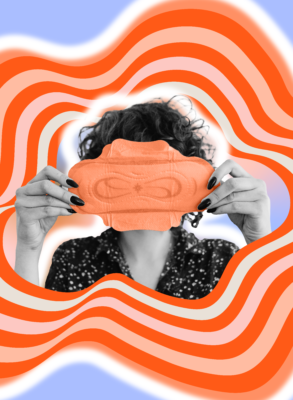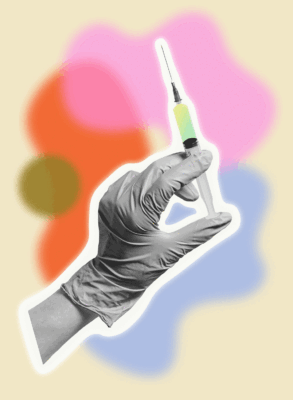*sigh* Let’s be real, Betties, periods can be a literal pain. A week or so of cramping, craving and bleeding. And let’s not forget that periods can cause a real dent in our wallets! From those cutely-packaged, but expensive overnight pads to crazy-pricey bottles of pain meds. But the issue becomes much more crucial for menstruators who must take drastic, and possibly, unsafe measures to afford their monthly cycle.
Here at Betty’s Co., we integrate gynecological, mental health and lifestyle care, because we believe Health takes the whole self into account. And as we’ll find out, period poverty affects all three, so let’s dive in to explain, understand and learn how we can help create equality for all bleeding Betties.
What is Period Poverty?
Period poverty is essentially a term referring to individuals being unable to afford menstrual products such as pads, tampons, and/or liners that would be necessary during their period.
Unfortunately, many individuals must resort to other measures of conservation like using rags, paper towels, toilet paper, or even cardboard. Raise your hand if you’ve also had that uncomfortable experience of wrapping toilet paper around your underwear when your period shows up announced. 🙋
And while this relatable scenario can be *ugh* so annoying, period poverty goes beyond these minor inconveniences, pointing to a larger problem that needs attention.
Some menstruators may combat the expense of periods by using products for longer periods or even reusing the products, which is unsanitary and sometimes even dangerous.
Period poverty isn’t limited to having access to period products, but may also include not having access to toilets, ways to wash hands, and/or properly disposing of hygiene products. In turn, menstruators may fear smelling a certain type of way, feeling excluded, teased, or even shamed by others. This has built an issue of inequality and all Betties have the right to menstruate with dignity.
Who is disproportionately affected?
Period poverty is a problem very present in the United States and one that very much affects a range of communities, like:
• Menstruators with special needs and/or disabilities
• Menstruators living in conflict-ridden areas or post-catastrophic events
• Menstruators living in poverty
• Menstruators who are neglected or abused
• Menstruators living in areas and countries where menstruation is stigmatized and a taboo to discuss, which can cause isolation and poor treatment during their period
Why should period poverty be addressed?
A survey from Thinx and PERIOD, The State of The Period, found that 4 in 5 menstruating teens said they have either missed class time, or know someone who missed class time because they did not have access to period products.
Betties, we’ve all had days where we wanted to skip school, but no Betty should be forced to not attend because of a lack of period resources. As a result, many menstruators may be hindered from reaching their full potential. In some cases, the lack of period product access can create dangerous situations as having poor menstrual hygiene can lead to reproductive and urinary tract infections. In more extreme cases, young menstruators who are not educated about their period are more likely found in child marriages, early pregnancies, malnourishment, intimate partner violence and pregnancy complications.
The burden of living in period poverty can have serious mental health implications, triggering period shame and embarrassment. Those who experience period poverty are more likely to report moderate to severe depression than individuals who have never experienced period poverty.
What are some necessities menstruators should have during menstruation?
• Safe and accessible resources to absorb + collect blood
• A safe and private environment to change, dispose of, and/or clean menstrual supplies
• Access to wash with soap and clean water safely and privately
• A basic education and understanding of the menstrual cycle and how to cope with their period without feelings of discomfort or fear
• Access to health information and services to ensure they can make informed decisions about their period and seek out care for any menstruation-related disorders if necessary
How can we end period poverty?
Period poverty is not a problem that can be solved solo or will be solved overnight. Equality for menstruators will require collaborative efforts:
Normalizing menstruation-related conversations
This goes for menstruators and non-menstruators alike! Inviting both groups to take part in these conversations brings awareness while simultaneously breaking down the stigmas surrounded by Betties’ cycles and experiences.
increasing health education to younger Betties
Education brings body literacy, so let’s start ‘em young! The earlier we introduce these topics, the more prepared and comfortable Betties will feel to discuss their bodies, their periods and demand menstrual equality.
revising state and local policies
Lawmakers play a huge role in helping expand and encourage access. We’ve all heard of the pink tax where female hygiene products are more expensive. Lifting this tax on period products could reduce the cost of managing periods and make them more affordable.
Advocating for period product availability
Think about it: every day, at any given location, we are all unknowingly interacting with menstruating Betties! So, schools and workplaces should provide free tampons and pads to students and employees. (I cannot be the only one who gets excited when I see bathrooms stocked with pads and tampons right?!)
What can I do to help?
Betties, it is time for us to shine. As a community, we can start planting seeds to see positive changes in period knowledge. You can help by simply sharing period positivity on social media or supporting brands working to end period poverty. You can advocate by writing to representatives, or request free period products be provided at your school or workplace. You can make an impact by joining an organization (or hosting your own!) donation drives for menstruators in need. You can start right now by sharing this blog! 😉
We all have something to offer that can help bring an end to period poverty, Betties.
Leave a comment below with your thoughts or ideas to help advocate for menstrual equality!







Join the conversation